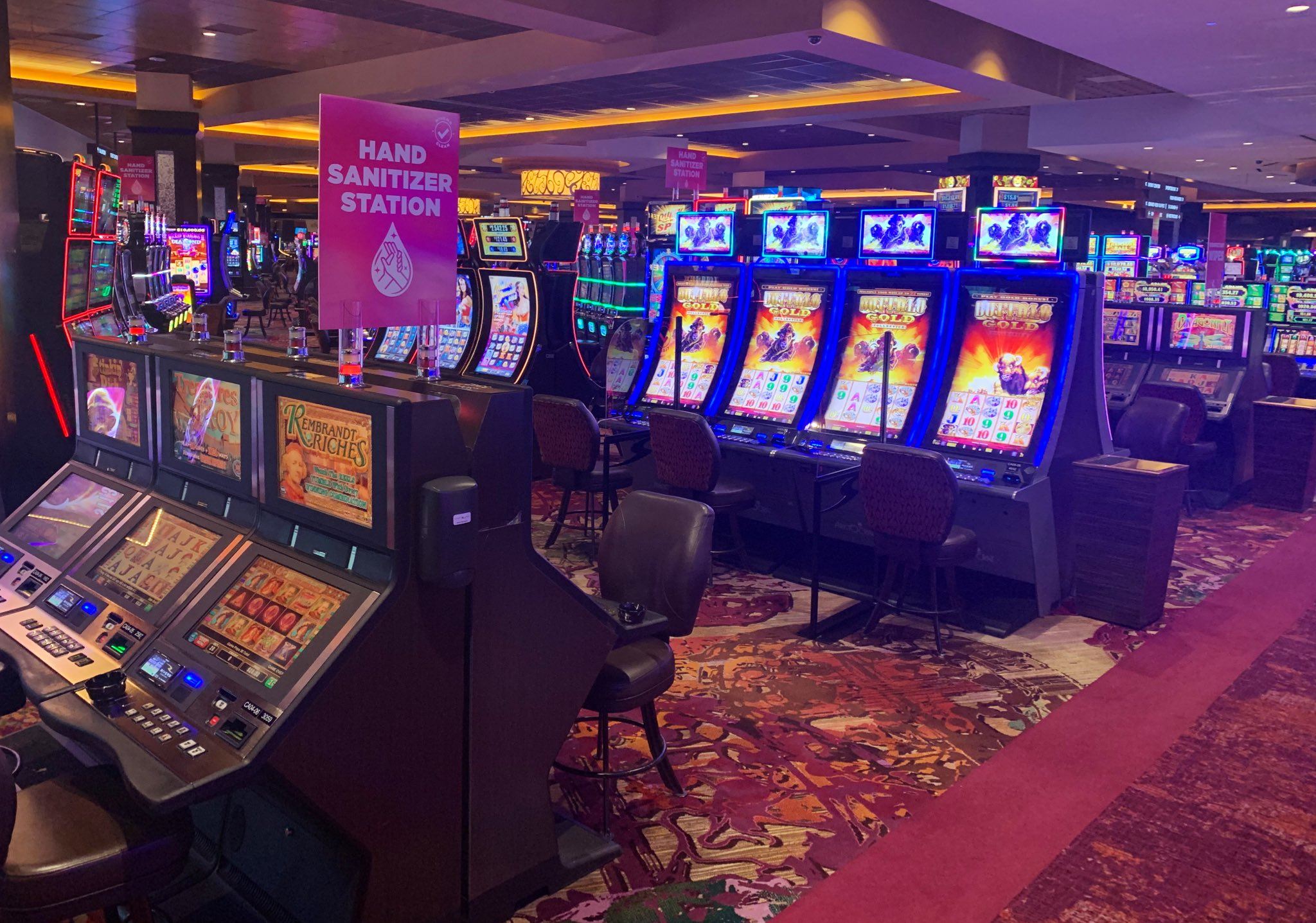
When we think of casino games, the initial pictures that often come to mind are those of spinning wheel wheels, poker tokens clinking on fabric tables, and cubes rolling across a gaming area. While many consider these games as simple hobbies fueled by luck, a more profound exploration reveals a fascinating blend of tactics, expertise, and social interaction that elevates them well beyond simple chance. Regardless of whether you are a experienced player or a inquisitive newcomer, understanding the nuances of these activities can significantly enhance your enjoyment and understanding.
Gambling games have evolved over hundreds of years, with different cultures contributing to their rich histories and variations. From the intricate strategies of blackjack to the bluffing methods in poker, players engage in a contest of wits as much as a risk on numbers. This exciting interplay between chance and skill creates a thrilling atmosphere that draws countless people to casinos worldwide. As we explore the world of card activities, we will uncover the methods that can tilt the odds in your favor and the social aspects that make these games a favored choice for entertainment and engagement.
The Approach Behind Table Gaming
Casino gaming often involve a mix of ability and chance, making them fascinating for players who enjoy a test. Every game has their unique set of rules and tactics that can affect the outcome. For instance, in titles like 21, participants are obliged to use strategies like counting cards and grasping the odds to make informed decisions. This expertise can significantly improve the winning potential, differentiating seasoned participants from novices who may depend entirely on luck. 69VN
In contrast, titles such as roulette may seem to be entirely based on chance, but strategic thinking can also play into play. Players can choose between various wagering strategies, such as the Martingale strategy, where they raise their wagers after a loss. This method can establish a more controlled way to the game. Grasping the odds of specific bets can also help players make smarter decisions on the table, demonstrating that even in titles of chance, strategy can enhance the enjoyment.
Furthermore, poker stands out as a title that heavily focuses on strategy. Unlike most gaming games, poker merges skill, mental acuity, and luck. Players must not only focus on the cards they are dealt but also take into account their rivals’ behavior and wagering patterns. Mastering concepts like position, the odds of the pot, and reading bluffs is crucial for winning. This depth of strategy in poker often leads to a more engaging experience for players, as their decisions and skills greatly affect the game’s outcome.
Grasping Probability and Odds
In the realm of gambling matches, likelihood and ratios have a critical role in determining a gambler’s potential outcomes. Every activity has its own set of guidelines that define how the chance of winning or failing is calculated. For example, in games like 21, participants have a chance to affect their odds through planning, whereas in matches like the wheel, the outcomes are purely governed by luck. Comprehending how these probabilities are calculated can substantially affect how a gambler deals with the match.
Ratios are typically shown in two forms: ratio and numeric. Fractional odds indicate the ratio of the sum won to the amount bet, whereas decimal ratios show the overall return for a successful bet, which includes the initial bet. For instance, if a match has ratios of 5 to 1, this means that for every one dollar staked, a player could win five units if they win. Learning how to interpret these odds allows players to assess their possible earnings and make more wise decisions during play.
Gamblers should also be aware of the casino advantage, which is the casino’s inherent benefit over the gamblers. Each match has a distinct house edge, and grasping this idea is crucial for handling one’s expectations and budget. https://69vn.travel/ Activities with a reduced advantage, such as blackjack and chemin de fer, typically offer better odds for players compared to activities like slots and lottery. By recognizing the connection between chance, odds, and the house edge, players can enhance their gaming engagement and strategize more efficiently.
The Exciting Aspect of Casino Table Games
Casino games at casinos are often seen as a hub of community engagement, bringing participants together in a collective experience that goes far past the mere act of gambling. The atmosphere at a blackjack table can be vibrant, with players engaging not only with the game itself but also with one another. Joy, cheers, and, sometimes, playful teasing create connections that improve the overall enjoyment of the gaming experience. This communal aspect can turn a solitary endeavor into a dynamic gathering, making casino games particularly appealing.
One of the fascinating elements of gaming at tables is the way it cultivates friendship among players. Whether it’s teaming up to defeat the dealer at a craps table or exchanging tales between hands in a poker game, the environment encourages interaction. Participants often share advice or tactics, creating a sense of community that enhances the fun. This interpersonal atmosphere can make new players feel welcomed and less intimidated by the competitive nature of gaming. As the game progresses, friendships may form, leading to a sense of belonging that keeps players coming back to the table.
Moreover, the social aspect of table gaming extends beyond just the players. Casino staff play a crucial role in encouraging interaction and maintaining the flow of the game. Their ability to engage gamblers with friendly conversation and their expertise in managing the table can create an inviting atmosphere. This relationship between players and dealers adds another layer of enjoyment, where gamblers feel bonded not only to one another but also to the staff. Such interactions are often what make the experience unforgettable, as participants leave with tales to tell and connections made, reinforcing the notion that gaming at tables are truly about something greater than luck.